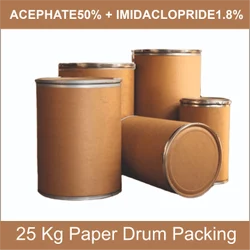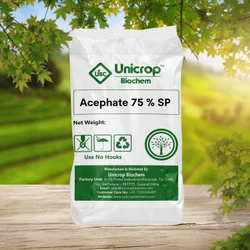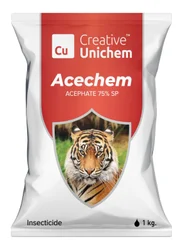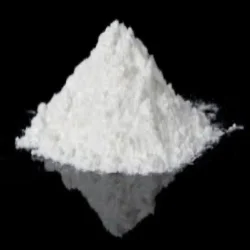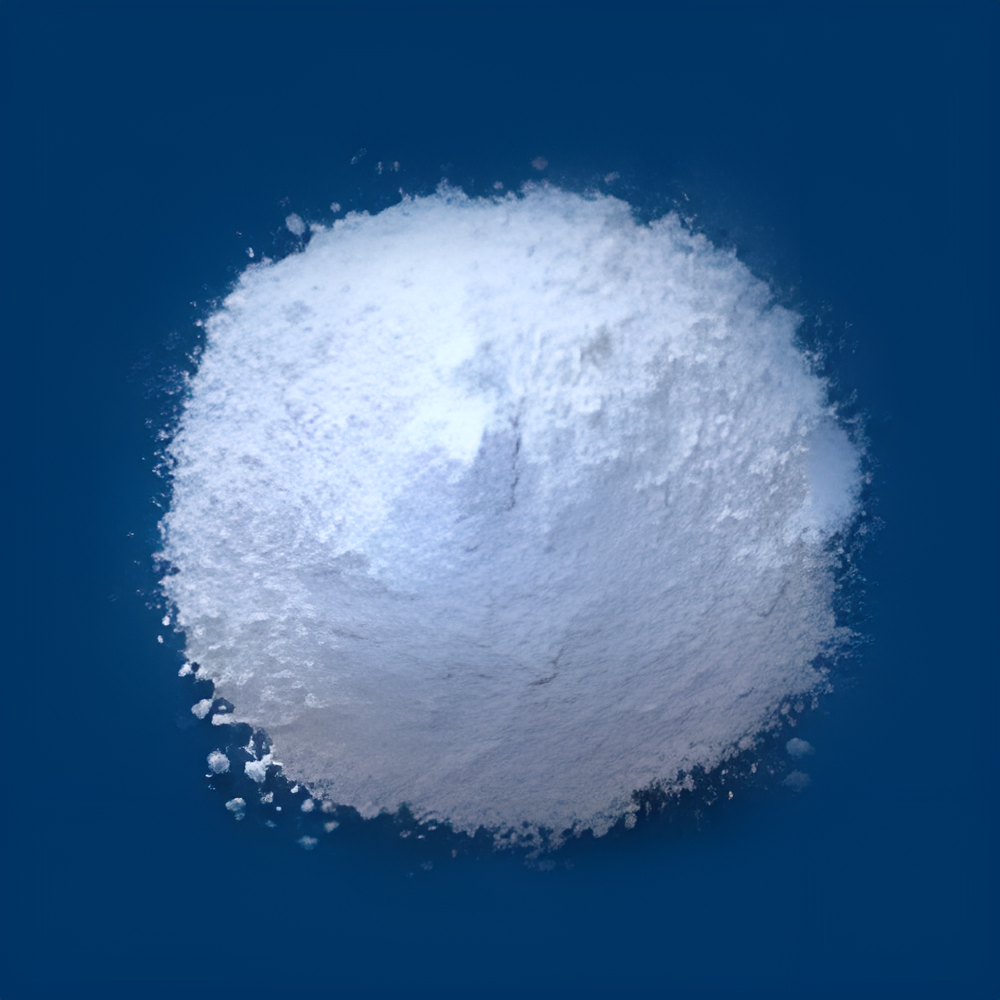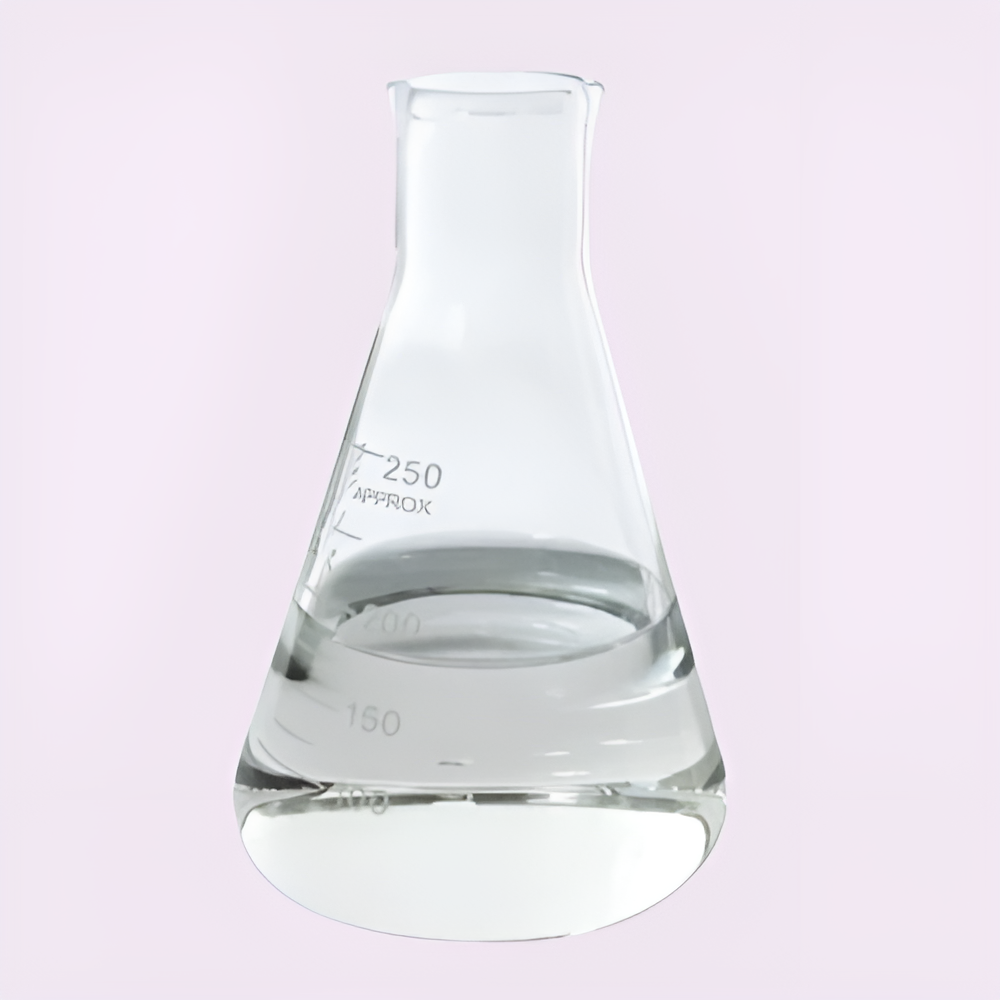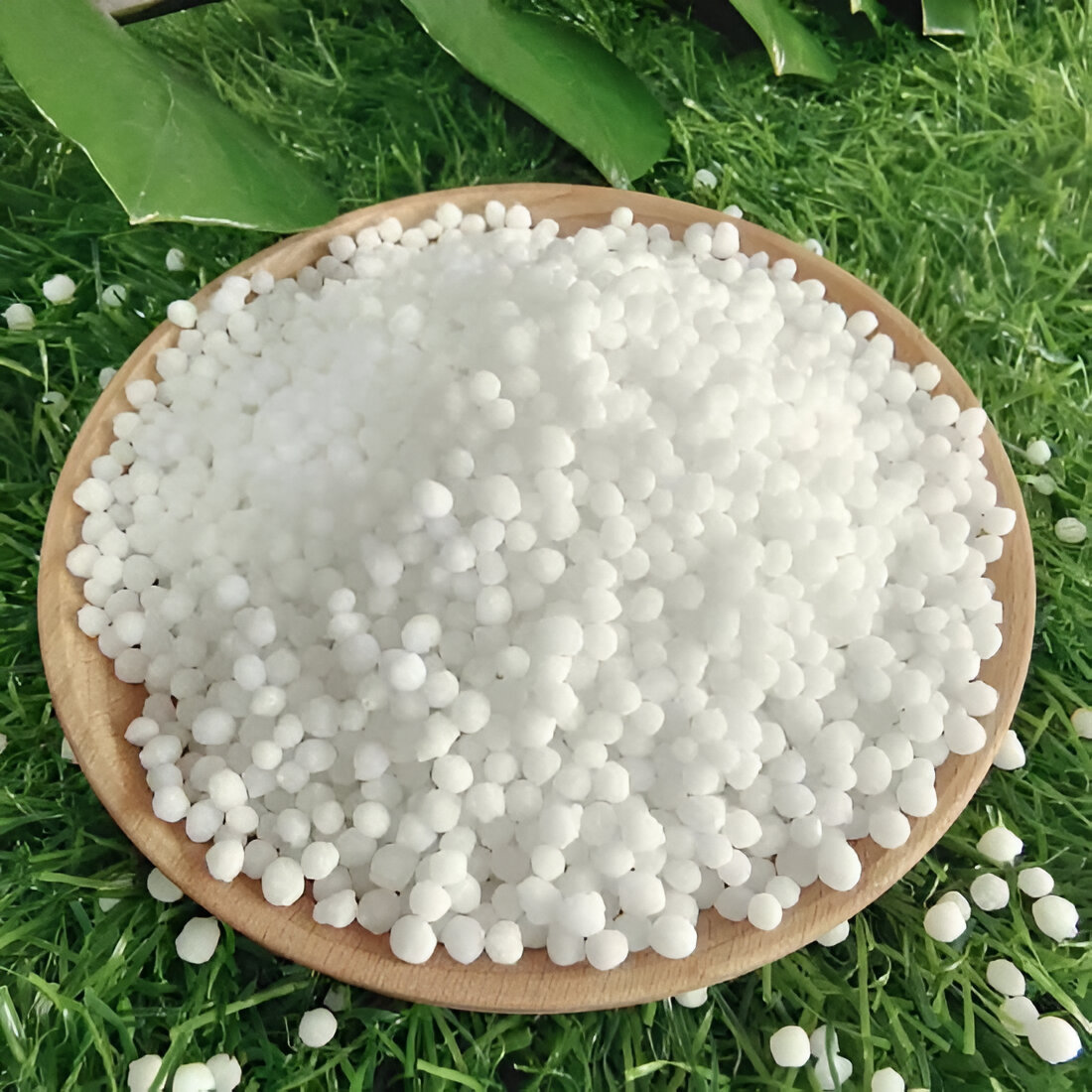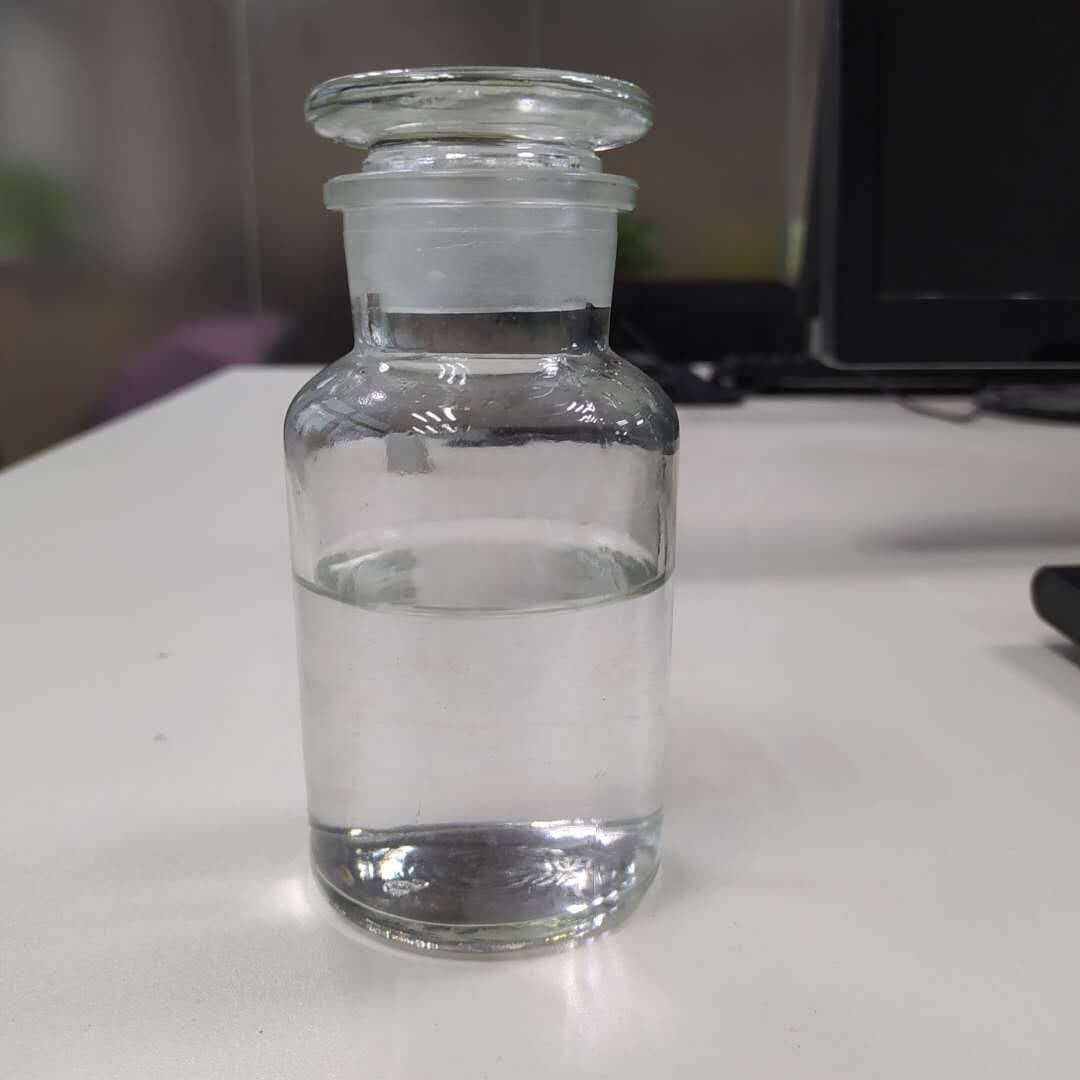Description
Acephate is largely utilized as a systemic insecticide that has gained widespread recognition due to its effectiveness in the control of a very wide spectrum of pests. The mode of action, generally by contact and ingestion, acts on the nervous system of insects, leading to their fast complete destruction. Being a systemic insecticide, acephate is absorbed by plants; therefore, it protects them for a long period against pests. Thus, the application of acephate fits very well into agricultural and horticultural applications.
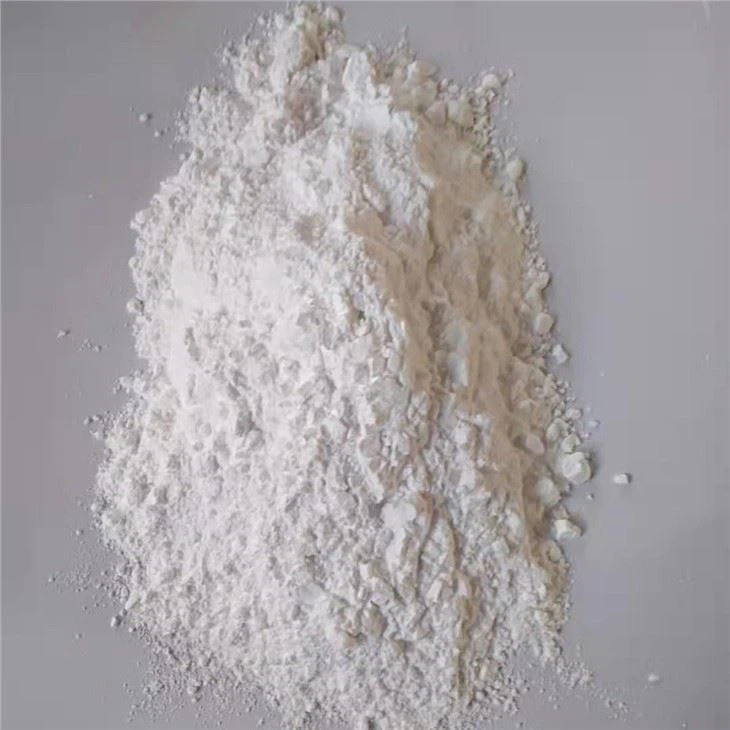
Acephate: An effective insecticide for sucking and chewing insects based on its strong activity against pests especially from the families of aphids, thrips, leafminers and caterpillars. Due to its efficacy against these pests, it has become an important tool in agriculture where infestations of these species result in a lot of damage. Acephate works by effecting the normal nerve function in insects, which causes them to become paralyzed and die very soon after application; this makes it great for controlling large populations of damaging pests rapidly.
Versatile across a vast number of crops. It is commonplace to use this PGR for the protection of vegetables, fruits, ornamental as well as field crops providing farmers with the ability of infestation prevention in different agricultural milieu. Acephate is very effective for growers to reduce crop losses and preserve the quality of their crops, providing healthier plants and higher yields as a result.
It is also notable that acephate is systemic which gives other advantages compared to other insecticides. It gets taken up by the plant, and then moved around in its plant parts — which allows it to effectively control pests that chew on the […] It is especially useful in treatment of pests that are difficult-to-target, or not control with conventional contact insecticides. Therefore, Acephate is especially useful for systemically controlling particularly hidden pests escaped in plant gaps or buried under the soil surface.
Acephate is an effective and systemic insecticide that adds diversity when used in combination with IPM (integrated pest management) programs. On the other hand It is an excellent target for environmentally sound pest management practices due to its ability to selectively target pests speciesin comparison with a smaller effect on beneficial insects in vitro and greenhouse condition. This not only reduces the environmental impact of pest management efforts, but also is an investment in the long-term sustainability of our agriculture.
Acephate is also favored for its relatively fast action and residual effects, ensuring that pests are controlled both immediately after application and for an extended period thereafter. This lasting protection helps reduce the frequency of applications, saving time and resources for farmers and gardeners alike. Additionally, Acephate is less prone to pest resistance compared to some other insecticides, making it a reliable option for long-term pest management. However, like all chemical treatments, it should be used responsibly to avoid any potential buildup of resistance and to protect non-target species, such as pollinators, that play a crucial role in ecosystem health.
In terms of environmental impact, Acephate is moderately toxic to birds and aquatic organisms, so care should be taken to prevent runoff into nearby water sources. Farmers and applicators must adhere to local regulations and guidelines when using Acephate, particularly near water bodies, to minimize any potential harm. Its relatively low toxicity to mammals makes it a safer option for use in agricultural settings when compared to more hazardous insecticides, but proper protective gear should still be used during application to avoid accidental exposure.
Although it is very effective, Acephate should be used circumspectly because of its possible acute toxicity to humans, beneficial insects, and fishes. Dosage and timing of application have to be correctly done according to instructions in proper usage. Wearing of PPE is highly recommended during its application.
Acephate: Specifications and Features:
- Chemical Name: Acephate
- Formulation: Typically available in powder or granular form, with varying concentrations
- Mode of Action: Systemic insecticide with contact and ingestion activity; affects the nervous system of pests
- Applications: Effective against a wide range of pests, including aphids, thrips, and caterpillars; used on crops, ornamentals, and lawns
- Benefits: Provides internal plant protection, controls hard-to-reach pests, and offers long-lasting efficacy
- Safety: Toxic; requires careful handling with appropriate PPE; follow usage instructions to minimize risks
- Packaging: Available in various sizes suitable for different scales of application

